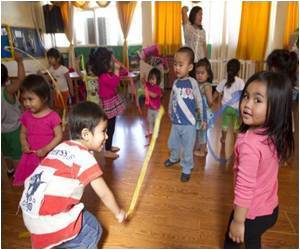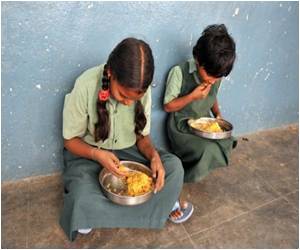The disorder is highest among malaria patients; 50% of malaria cases in the northeast of India is among the tribals, though they are only 8% of the population.

The ministry today organized a workshop of health and other related department officials in six states of the north-east. "A person having sickle cell trait will have no problem but the person marries a person having the same trait, their children will suffer from sickle cell anemia," he said.
Those screened will be provided with a health card, which would provide information regarding the sickle cell trait and prevent spread of the disorder. Panda said about 60% of the tribal children in Gujarat had already been screened under the campaign and it was underway in Odisha, West Bengal and other states.
A team will be formed in each district comprising doctors, ANMs (auxiliary nurse midwife) and anganwadi workers who will conduct the tests in schools. They will also cover the drop outs. "In Assam, we will cover the children of tea garden workers even as they are yet to be given the status of tribal. But they have tribal characteristics," he added.
Source-IANS













